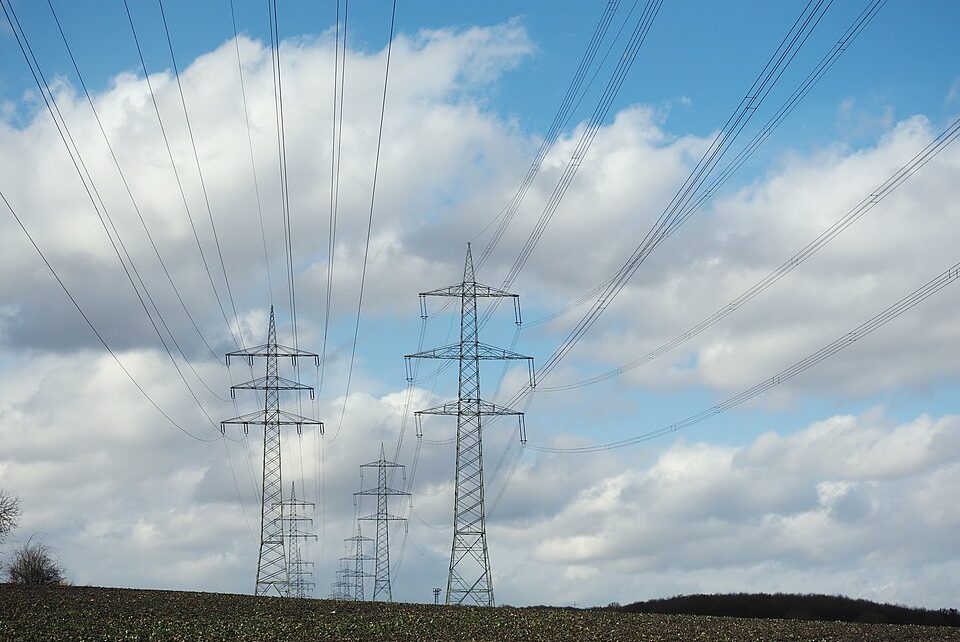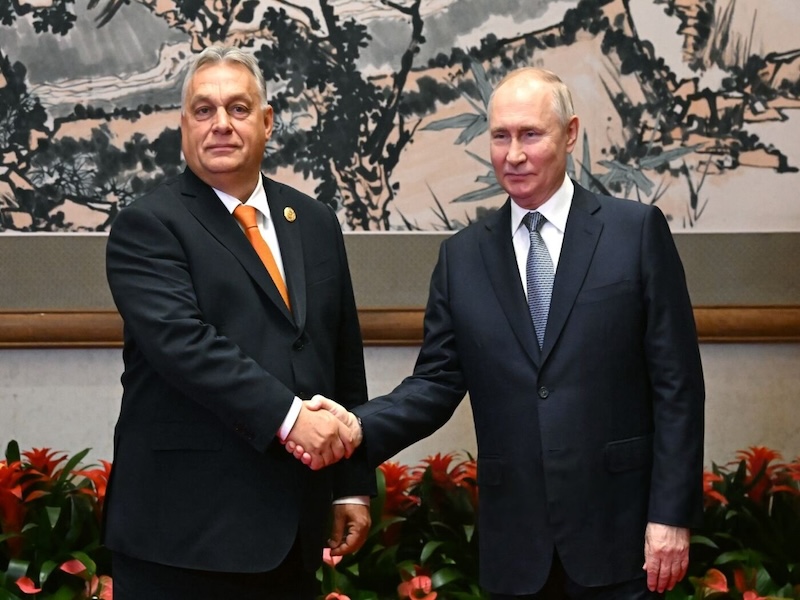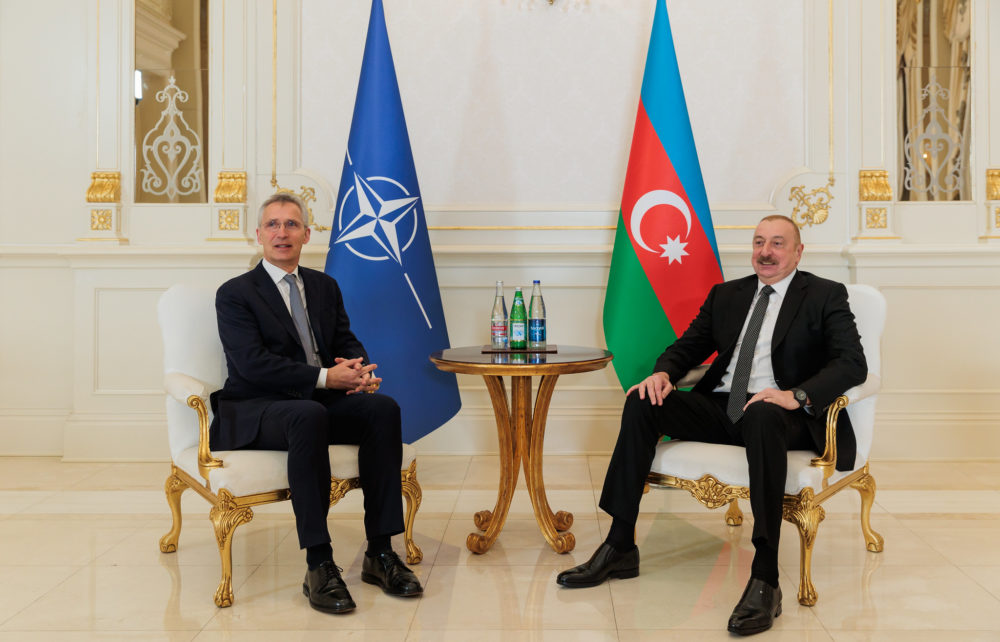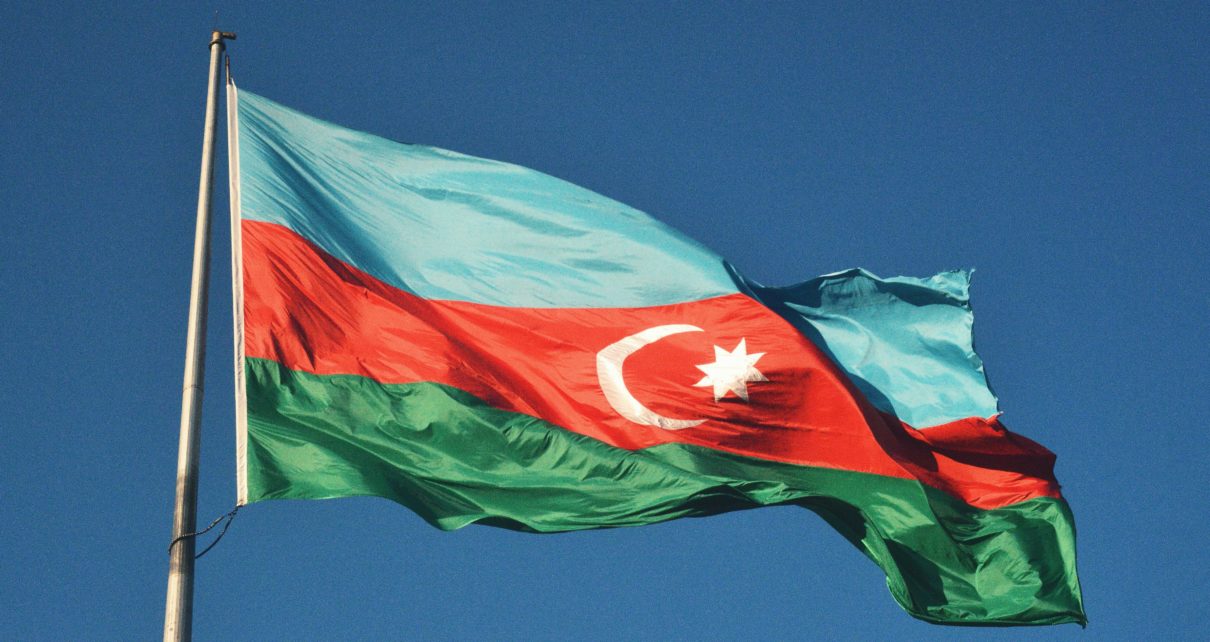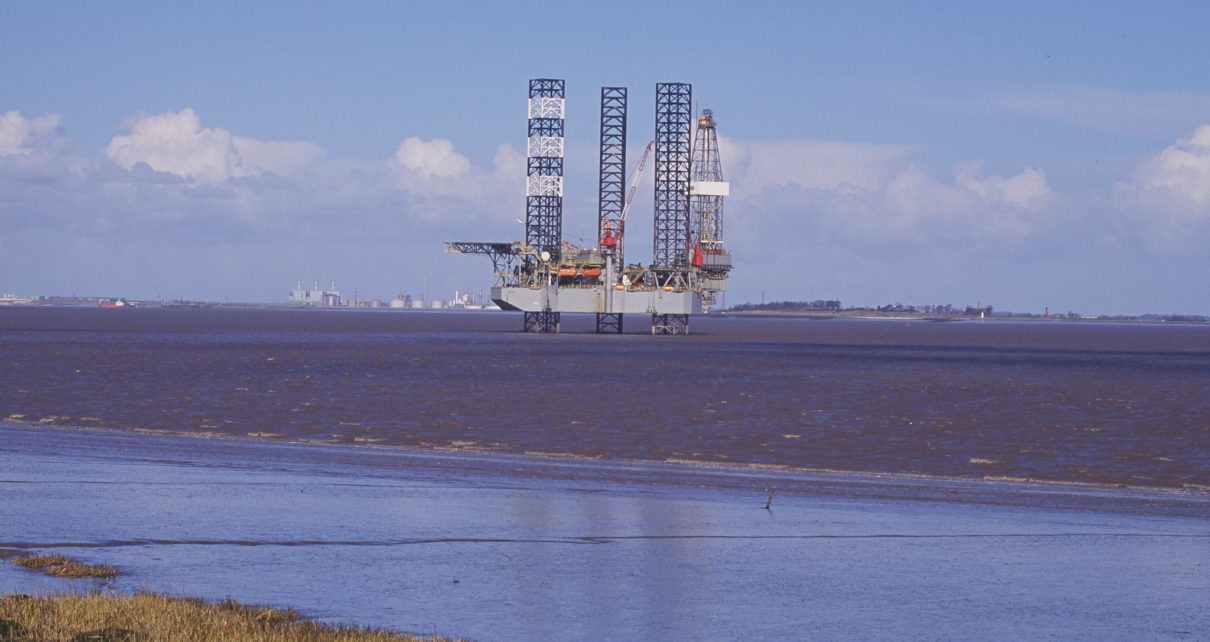Energy security debates often focus on supply: who produces energy, who transports it, and who depends on whom. This framing has centered on the nexus between physical assets and trade flows—pipelines, terminals, generation capacity, and shipping routes. Increasingly, however, strategic vulnerability is shaped less by the location of infrastructure than by who controls it and Read More…
Energy Security
The NATO Association of Canada’s Energy Security Program, directed by Senior Research Fellow Dr. Robert M. Cutler, provides analysis and outreach on the full spectrum of energy-security concerns facing NATO members and partners. Core areas include the security of supply and demand, market and policy reliability, and the physical protection of critical energy infrastructure including supply chains for critical raw materials. The Program continuously assesses geopolitical, geo-economic, and military developments that may alter allied energy risks, options, and resilience. It advances public understanding and policy dialogue through webinars, the Energy Security blog, and sequenced series of Research Briefs, Policy Papers, and Research Studies. Contributors—including practitioners, scholars, and emerging analysts—are welcome. Please write to rmc@alum.mit.edu with the subject line “NAOC Energy Security Program” to propose articles, briefs, or events.
Special Report: The Case for Canada to Become an Allied Energy Superpower
Introduction The 2022 Russian invasion of Ukraine has forced NATO to acknowledge the weaponization of energy. Electric grid coercion, gas cut-offs and cyber-intrusions into critical energy infrastructure and pipeline flow manipulation all represent core structural vulnerabilities of the European security architecture. NATO has responded by moving energy security from the periphery of its security planning Read More…
Fractures in Unity: Hungary, Slovakia, and Europe’s Energy Future
As Canada seeks to strengthen its ties with the EU, how does division in European energy policy and broader support for Ukraine affect transatlantic unity? In this article, our Junior Research Fellow Angelina Smolynec unpacks pipeline politics and explains why Hungary and Slovakia have deepened their ties with Moscow, while most of the EU has committed to phasing out Russian fuel.
Uzbekistan’s Role in European Energy Security Is Changing
Uzbekistan’s significance for European energy security has grown, and there is every indication that it will grow further. For most of the post-Soviet period, and especially under President Islam Karimov from independence in 1991 until his death in 2016, its energy sector was run as a tightly controlled extension of the old Soviet system, which Read More…
Italy Anchors Azerbaijan’s Gas Push to Europe
Azerbaijan and Italy are tightening energy ties, and this is having system-wide Euro-Caspian effects. In September, it was reported that SOCAR agreed to acquire Italiana Petroli, one of Italy’s largest fuel retailers, pending approvals. This purchase does not add gas capacity on day one, but it does insert Azerbaijan directly into Italy’s downstream market, bringing Read More…
Using NATO Partnership to Strengthen Strategic Autonomy for Azerbaijan and Central Asia in Rare-Earth Mining and Supply Chain
Robert M. Cutler, Director of the Energy Security Program, is represented NAOC at the Academic Conference on the 30th Anniversary Of Azerbaijan’s Joining NATO’s Partnership For Peace Programme, being held in Baku on 26–27 November 2024. This is an advance copy of his invited remarks. Executive Summary: NATO’s Partnership for Peace (PfP) program can expand Read More…
NATO Countries Seek to Import Electricity from the Caspian Sea Region
Dr. Robert Cutler discusses recent developments in the cooperation of Azerbaijan with European and NATO energy policy.
European Pipeline Expansion for Azerbaijan’s Gas Gets Back Under Way
Dr. Robert M. Cutler covers the European pipeline expansion for Azerbaijan’s gas and its contribution to Azerbaijan’s emergence as a pivotal player in European energy security.
Southern Gas Corridor Meeting Deepens EU–Azerbaijan Energy Cooperation
Dr. Robert Cutler writes on the 10th Ministerial Meeting of the Southern Gas Corridor Advisory Council, which he describes as an important milestone in EU-Azerbaijani energy relations.
Abu Dhabi Buy-in to Caspian Sea Gas Enhances European Energy Security
Dr. Cutler writes about Abu Dhabi’s landmark deal in the Caspian Sea and its strategic significance for European energy geopolitics.

